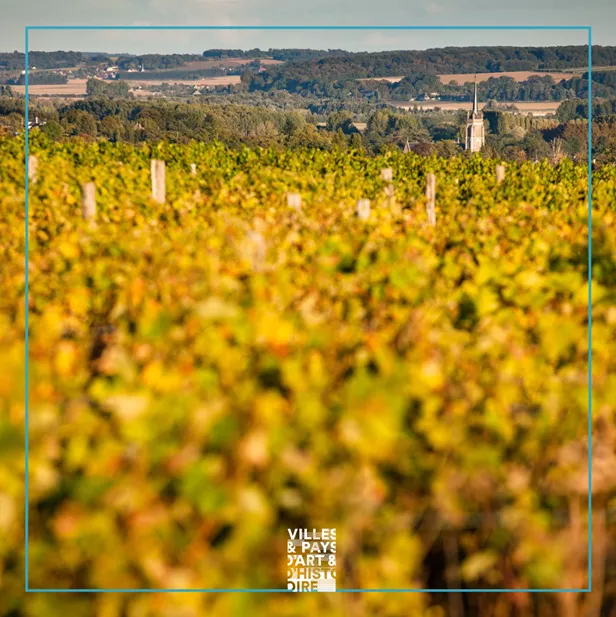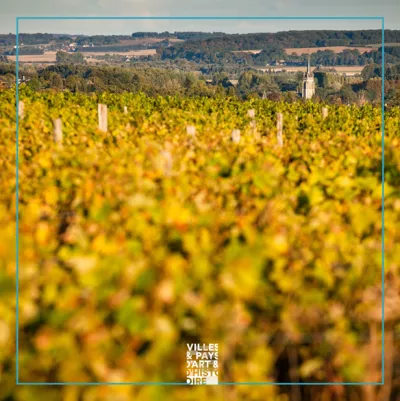Summary
The Pays Vallée du Loir Rural Territorial Pole (Pôle d’Équilibre Territorial Rural – PETR) is an intermunicipal governance structure established to promote coordinated development and planning across a defined area in western France.
PETR fosters collaboration among previously fragmented local public actors through its governance structure which includes a General Committee of 43 elected representatives and a Territorial Development Council of volunteers from diverse sectors.
Results
PETR activities deliver benefits directly to municipalities, citizens, associations, and businesses, responding to specific needs over short, medium, and long-term timelines. Some examples include:
- The long-term territorial planning under the Territorial Coherence Scheme (SCoT) provides a 20-year vision for spatial development that balances social, economic, and environmental aspects.
- The energy renovation service advises citizens on housing renovation projects and assists with financial packages since 2018. It assists with state aid applications and certificate subsidies, provides contacts for zero-percent loans, and offers a list of local experts and initiatives. By 2024, a total of 5 289 inhabitants had received advice, including 1 243 through direct contact at the France Services Bureau.
- In 2015, PETR launched a voluntary Territorial Climate-Energy Plan (PCET) to reduce energy consumption, optimise carbon sequestration, and support local agriculture. This evolved in 2020 into a more comprehensive Territorial Climate-Air-Energy Plan (PCAET), including planning for Natura 2000 zones, agriculture, and forest areas.
- The ‘Sentier au fil du Loir’ project, initiated by the Territorial Development Council in 2023, is creating a 100 km trail along the Loir river, connecting various points of interest.
- Since 2010, local heritage inventories have enriched cultural programmes for residents and tourists, incorporating new technologies and educational initiatives. From 2018 to 2023, the educational heritage service provided 316 activities for 4 800 young people, from pre-school to high school.
- PETR is involved in the launch of two cultural festivals. ‘Festiloir’ (since 2003), attracting around 1 800 spectators annually, features outdoor performances. ‘Malices au Pays’ (since 2015), gathering a total of 25 000 spectators (including 4 500 children), 100 art companies, and 220 performances, organises transport to village halls and auditoriums.
- In summer 2023, the Art and Heritage service initiated mutual portrait drawing workshops in 15 villages for a total of 350 participants.
- Up to 2024, about EUR 3.7 million of LEADER financing have supported 217 projects in the territory.
Resources
Documents
Context
The Pays Vallée du Loir region covers three communities of 57 municipalities with a total population of 75 618 inhabitants spread over 1 427 km². The region’s vulnerabilities related to energy and natural risks emerged as critical challenges to be tackled through a territorial diagnostic.
The Rural Territorial Pole (PETR) Pays Vallée du Loir is a public institution established in 2020 in the west of France. It developed from a joint union – ‘Syndicat Mixte’ – which responded to communities of municipalities’ legal obligations to produce studies and contractual documents on spatial planning at a larger scale. The PETR has transformed in a mutualising tool for rural development and transition engineering.
Objectives
- Implement actions that improve the territory sustainability and coherence while reducing costs and saving resources;
- Involve residents in projects designed for and with the community, supported by a dedicated team of experts.
Activities, key actors, and timeline
PETR Pays Vallée du Loir fosters collaboration among local public actors who previously did not work together. Its governance system comprises two main bodies:
- General Committee of 43 elected local representatives that gathers opinions and makes decisions;
- Territorial Development Council, consisting of volunteers from various sectors and open to diverse civil society organisations who provide advice and proposals.
The PETR runs six thematic committees on finance, contractual politics, territory attraction, mobility, climate and energy, and culture and heritage. It offers municipalities expertise, project assistance, and training to the benefit of residents, tourists, families, businesses, and farmers.
Funding comes from a combination of sources, including contributions from local authorities, regional governments, national grants, EU funds, private partnerships, and revenue-generating activities.
Success factors/lessons learnt
The PETR initiative embodies the core principle of cooperation within its project territory. It addresses a wide array of issues such as climate and environment, economic vitality, innovation, health, and culture, reflecting a comprehensive approach to local development.
Cooperation is not merely a concept, but a practical tool that connects various stakeholders, structures, and resources to achieve shared objectives effectively. This collaborative principle extends across infrastructural and inter-territorial partnerships, involving public, private, national, European, and international actors.
This model can be replicated in other territories, provided there is firm commitment by elected officials to embrace cooperation as a foundational tool for pooling human and financial resources.
Contacts
Bruno Weber Regnier, Director: direction@pays-valleeduloir.fr, +33 6 07 52 14 77

